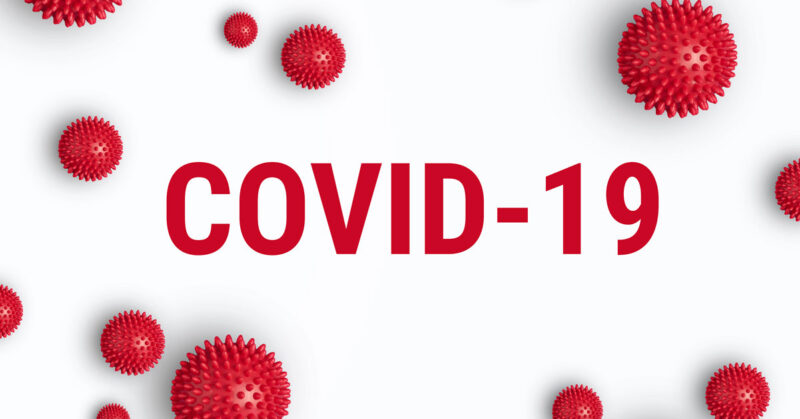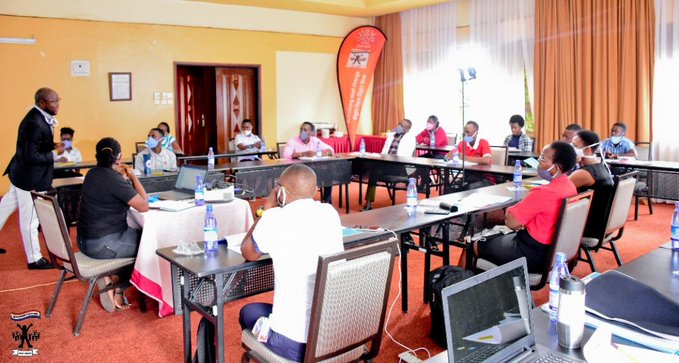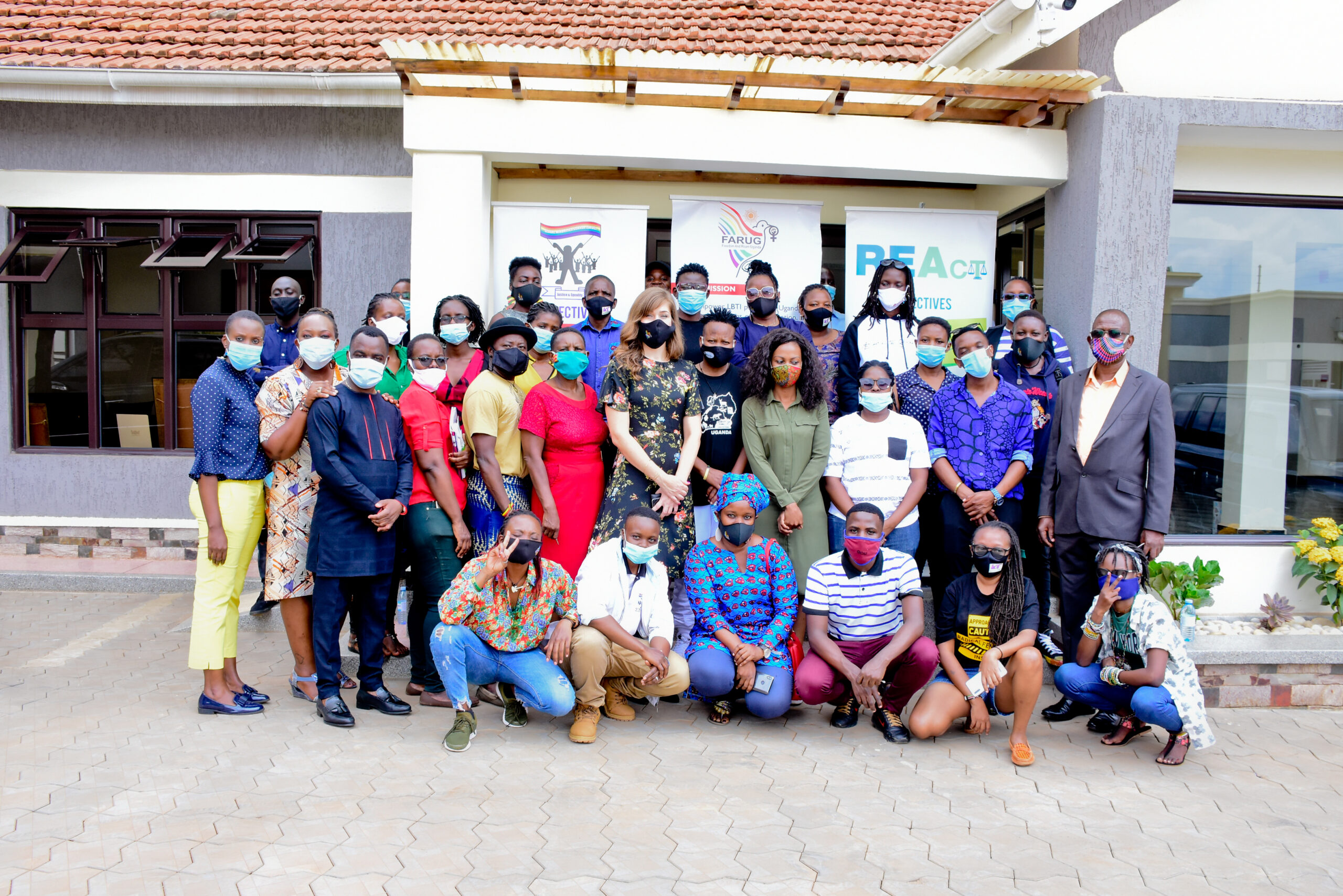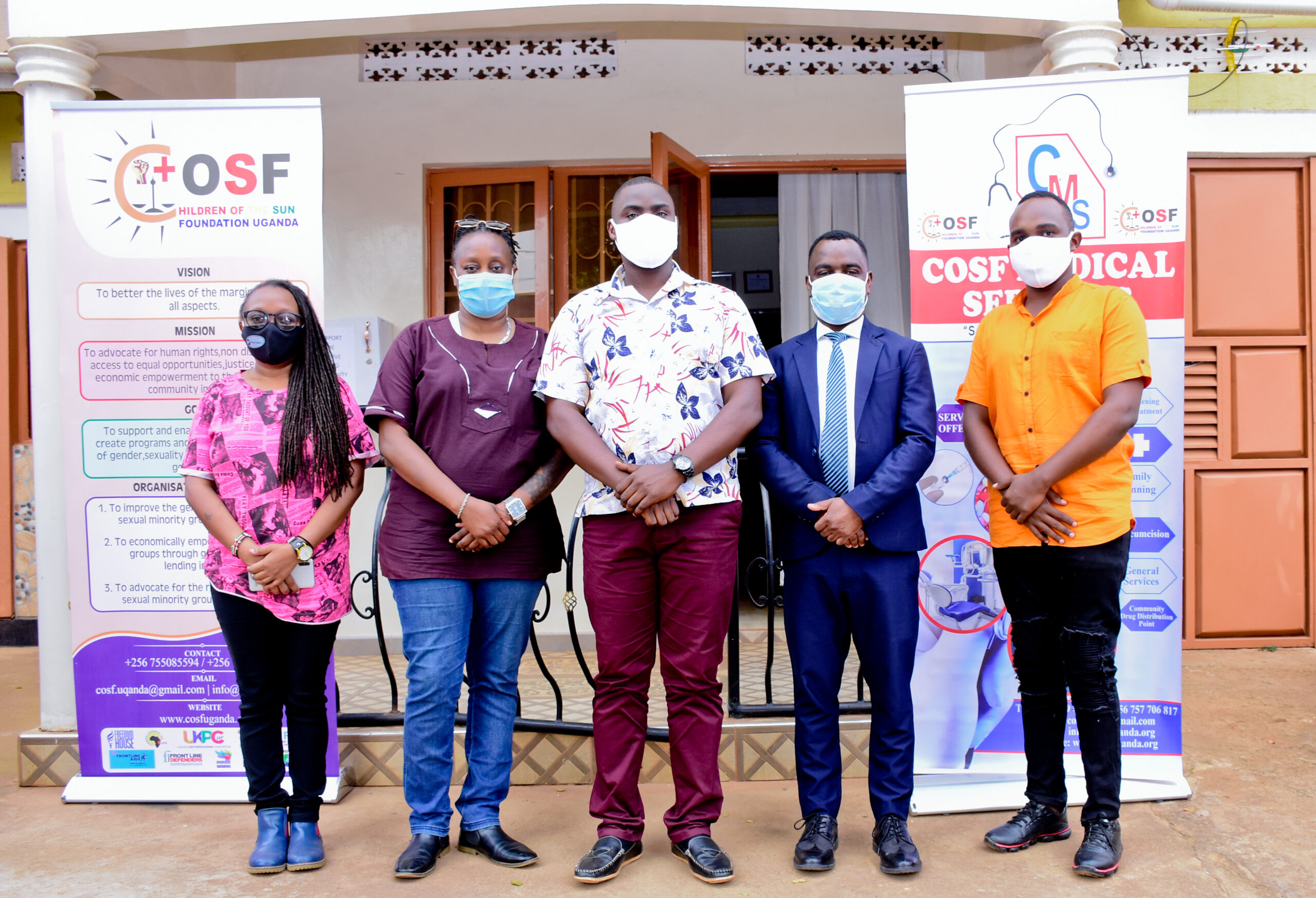The COVID-19 pandemic has no doubt presented an unprecedented condition that has affected and crippled the operation of businesses, offices, industries, travel, closure of airspace, and borders world over forcing governments to put in place extra preventive measures in-country to reduce the spread of the pandemic.
The President’s address[1] prohibited people to people interactions and restricted gatherings of more than 5 people, restricted people to their homes, save movements for necessities. While public spaces were opened up, the President emphasized social distancing[2] of at least 4 meters. However, another address[3] emphasized social distancing of 2 meters, besides other measures such as hand washing, use of face masks and sanitizers. The President did not emphasize any particular number of gathering of persons (in his subsequent addresses?), but was rather emphatic on social distancing, in compliance with the Ministry of Health Guidelines[4] on social distancing as a measure to prevent spread of COVID-19.
The Ministry of Gender, Labour and Social Development on the 20th March 2020 issued guidelines that are instructive on employer-employee relationships and how to keep workplaces safe in the context of COVID-19. The Ministry further guided that employers should provide training on workers’ preventive measures for COVID-19, provide protective equipment and treatment of affected workers. Employers have a statutory obligation to ensure that their workplaces are safe and to take every precaution for the necessary protection of their employees[5].
In this context of COVID-19, every employer must ensure that employees have protective equipment, can travel safely to and from their places of employment and are given training and guidelines on how to execute their assignments safety and securely without being exposed to COVID-19. Employers and work places who do not put in place safety measures as per the guidelines are susceptible to law suits where an employee contracts COVID-19 during the course of employment. This is not a threat but an early warning mechanism for any action against the employer, to ensure the compliance with the employment regulations, the Ministry of Health and the World Health Organization (WHO) guidelines on preventive measures and the preventive Presidential Directives on COVID-19.
In spite of the observance of the above laid down preventive measures, the Uganda Police Force (UPF) continue to enforce the law by effecting arrests and detention of people who are allegedly found in breach of the guidelines/preventive measures. Over the last four months, the police have arrested and charged people for negligent acts likely to spread infectious disease[6]. The arrests are having been justified by the police as a measure to enforce the Ministry of Health Guidelines and Presidential preventive measure.
Legal opinion on operation of Civil Societal offices
The Ministry of Health guidelines and the Presidential addresses are not preventive on the operation of office space or civil societal operations for as long as the offices put in place measures to reduce the spread of the pandemic (COVID-19). Civil Societal Organizations are regulated by the Ministry of Internal Affairs, National Bureau of Non-Governmental Organization and The Uganda Registration Services Bureau, regulated by the Companies Act 2012, under the Ministry of Justice and Constitutional Affairs. The Bureaus did not issue any statement on the closure or operational environment of Civil Society Organizations or companies.
A pandemic is defined as “an epidemic occurring worldwide, over a very wide area, crossing international boundaries and usually affecting a large number of people[7].
The Presidential preventive directives and the Ministry of Health Guidelines are preventive guidelines that do not have the force of law. They are simply guidelines to prevent the spread of the infection and so no one should be arrested and detained for the directives and guidelines unless they are in direct contravention of the guidelines and the guidelines alone. This is to say that the guidelines should not be weaponized as a way of restricting civil society space arbitrarily.
The police are mandated to arrest and detain persons, but this should be done in accordance with the Constitution[8] and the Police Act Cap[9]. Any action taken towards enforcement of the preventive measures and guidelines are welcome, for as long as they are in good faith and in observance of the human rights enshrined under Chapter Four of the Constitution of the Republic of Uganda.
Compliance requirements by Civil Societal Organizations/Companies
Civil Society Organizations work and duties are important to the beneficiaries of the organizations. To that note, Civil Society Organizations should put in place the following measures to comply with the Ministry of Health guidelines and Presidential preventive measures of COVID-19.
- Ensure hand washing and or sanitize all persons entering office premises,
- Ensure that the temperatures of all persons entering the premises are taken to match the required temperatures,
- Ensure that details of persons are captured at the entry, to follow up with any eventualities, in compliance with the Ministry of Health guidelines,
- Ensure that there is social distancing between 2-4 meters between persons at the office premises,
- Where there is limited space, follow rationing of staff to avoid all staff coming to the office premises at the same time,
- Allow staff to work with flexible schedule,
- Allow staff to leave office premises early in order not to breach the curfew rules,
- Not to organize parties and conferences within a limited office space where participants cannot be controlled on social distancing,
- Not to allow the office space to for any other activities other than for official duties during working hours.
[1] Measure no.1 of the President’s address on 30th March 2020 page 11
[2] Measure no. 7 of the President’s address on the 20th May 2020 page
[3] Measure no (i) of the President’s address on the 22nd of June 2020 page 30
[4] Do’s and Don’ts Covid19 Preventive measures of Ministry of Health
[5] Sections 13 and 19 of The Occupational Health and Safety Act, 2006
[6] Section 171 of the Penal Code Act, Cap 120
[7] www.who.int/bulletin/volumes/
[8] Article 23 of the Constitution of the Republic of Uganda
[9] Sections 4, 21(1)(a) of the Police Act Cap 303
For more information please reach out to: mawadri@sexualminoritiesuganda.com




